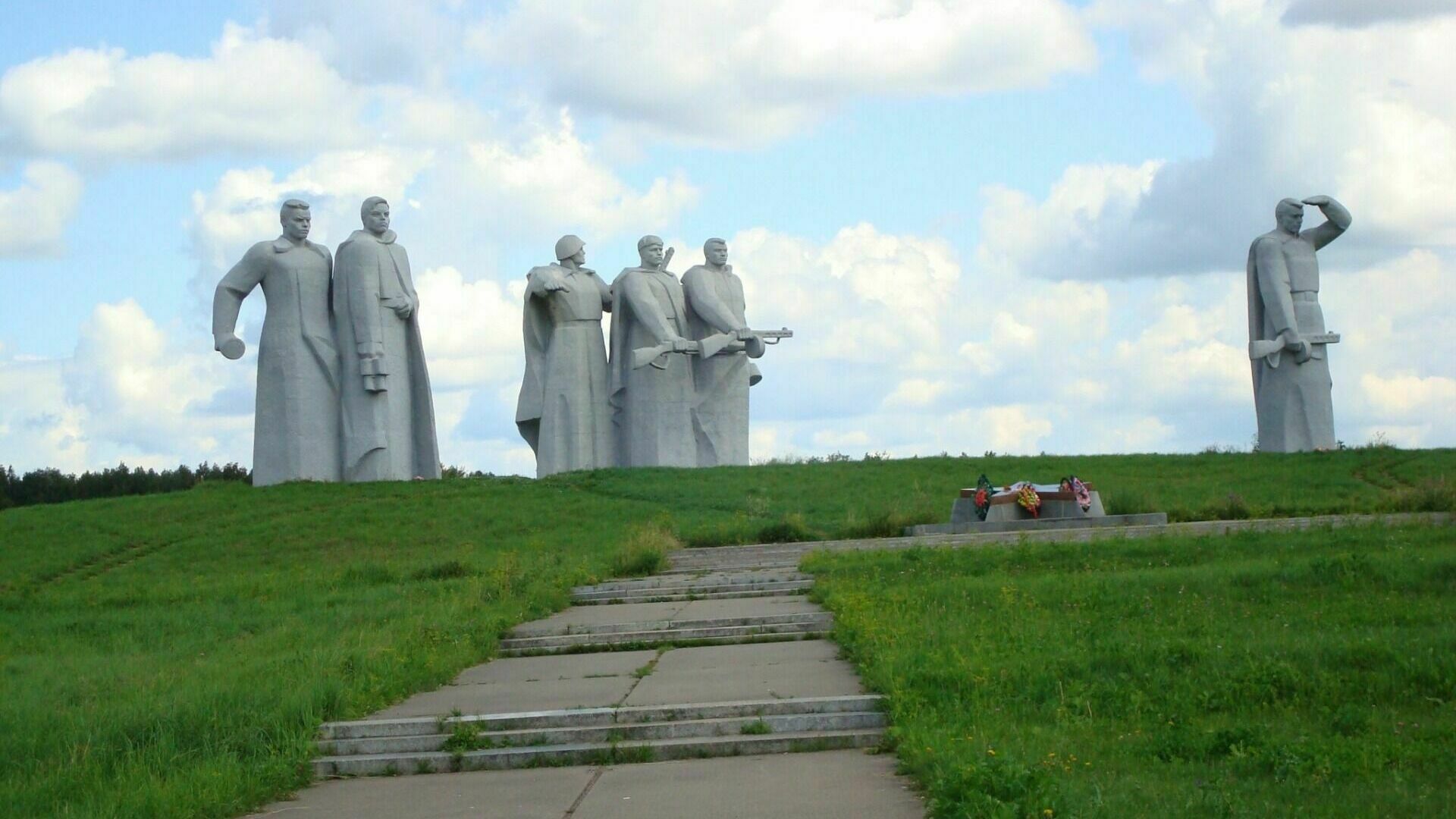
Illegitimate sons of the capital. Who is actually being sung by the anthem of Moscow
Ivan Zubov
As you know, in 1995, the capital's law approved the popular Soviet song "My Moscow" by the composer Isaac Dunaevsky to the words of Mark Lisyansky and Sergey Agranyan as the official anthem of the city.
The story of this song is not easy. First, in November 1941, the journalist and poet Mark Lisyansky, who commanded a sapper platoon during the war as a second lieutenant, composed a short poem dedicated to the defense of Moscow. It was published in the magazine "New World", which in the spring of 1942 was seen by the composer Isaac Dunaevsky, and wrote the notes of the song right in the margins. And then, unable to find Lisyansky's front-line address, he asked the director of his ensemble, Sergey Agranyan, to finish the text. He left the first stanza and the ending of the second stanza from Lisyansky's text. Later, when Lisnyansky and Agranyan met, they also wrote a stanza about Stalin together, but during the Thaw, she disappeared from the already popular song.
In the final version , the anthem of Moscow looks like this:
"I've been around the world a lot,
Lived in a dugout, in trenches, in the taiga,
I was buried alive twice,
I knew separation, loved in anguish.
But I used to be proud of Moscow
And everywhere I repeated the words:
My dear capital,
My golden Moscow!
I love the groves near Moscow
And bridges over your river,
I love your Red Square
And the Kremlin chimes fight.
In cities and remote villages
The rumor will not stop about you,
My dear capital,
My golden Moscow!
We will remember the harsh autumn,
The grinding of tanks and the gleam of bayonets,
And twenty-eight will live in the centuries
Your bravest sons.
And the enemy will never achieve,
To bow your head,
My dear capital,
My golden Moscow!"
Network analyst Andrey Nikulin drew his attention to two lines of this anthem dedicated to the feat of 28 Panfilovites, who allegedly did not let the fascist tanks at the Dubosekovo junction near Volokolamsk and thereby saved Moscow from capture.
"And twenty-eight will live for centuries
Your bravest sons".
And wrote about it:
"Without anger and partiality, without being distracted by discussions - was there really the same battle at Dubosekovo or not, let's look at the official list of these very sons.
"Kasaev Aliqbai, Yesibulatov Narsutbai, Kuzhebergenov Daniil, Shopokov Duishenkul, Sengirbayev Musabek". This is only in the Klochkov platoon.
In general, the Panfilov division, which closed the gap in the defense of Moscow at a critical moment, was formed in Central Asia and the national composition was appropriate - extremely motley, where the Slavs did not particularly prevail. Which, by the way, in no way affected the fighting qualities, when quite "racially titular" units retreated, Panfilov stood, and heroically.
The pathos is something else. It turns out that the guys listed in the list are the sons of Moscow. That is, their children are grandchildren, respectively, Moscow grandchildren and great-grandchildren, in short, relatives.
And now let's imagine how many minutes such a "Moscow relative" will spend in Zlatoglavaya after getting off the train, until he is stopped for documents and a survey, what the hell did he forget in the capital of our motherland?
In general, the Moscow anthem is an extremely entertaining thing. Here are two more lines from there: "And the enemy will never get your head to bow..." But we will devote the next chapter to his analysis, when Batu, Tokhtamysh, Napoleons and other Poles with a bunch of False Dmitrievs will shake their heads in bewilderment..."
It is impossible not to add a detail to this important reasoning, which the author did not specifically pay attention to, since his pathos was not at all in the authenticity of the myth. Meanwhile, back in 1948, the Chief Military Prosecutor of the USSR N. Afanasyev published a report "On 28 Panfilovites" based on the results of the investigation of the Main Military Prosecutor's Office of the USSR, which is stored in the State Archive of the Russian Federation. So, there it was written in black and white that "the feat of 28 Panfilovites is a fiction" by correspondents and editors of the Soviet newspaper Krasnaya Zvezda.
But the myths and myths are that they are not subject to any logical explanation and debunking, and therefore Moscow will continue to live with the anthem, in which there is practically no truth.